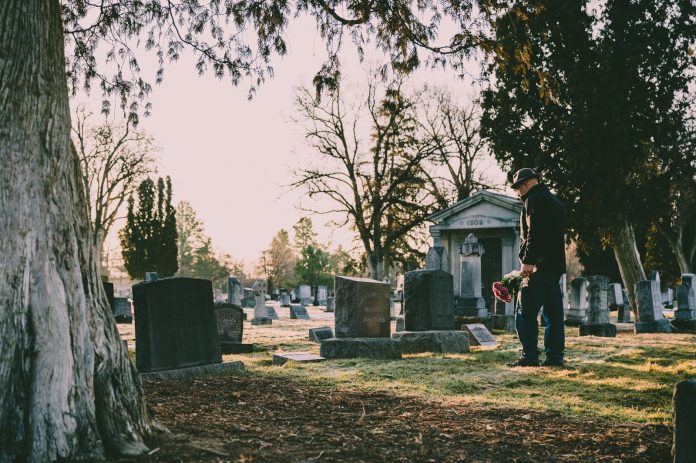If you have ever lost someone you love or care about, you know how difficult it can be. However, when someone passes away because of someone else’s wrongdoing or negligence, the grief and pain can be even harder to accept, because you believe the death could have been prevented.
Each year, thousands of people must grieve the untimely loss of a loved one because of an accident that probably could have been avoided. If this happens to you, it may be possible to recover compensation from the negligent or at-fault party.
There are some misconceptions related to wrongful death lawsuits, however. Understanding what these misconceptions are will help you decide if you should pursue a wrongful death case, or not.
Table of Contents
Misconception: It’s Just About the Money
There are many reasons people file wrongful death lawsuits. While they do help the deceased person’s family recover compensation for the loss, money is not always the main motivation for legal action. Money does not make up for the loss of a loved one, it is just as often about achieving a feeling of justice, by helping to right some of the wrong that has occured.
A lawsuit is sometimes beneficial in that it helps hold the wrongdoers and at-fault parties accountable, while preventing future incidents from occurring. For example, over the course of a wrongful death lawsuit and judgement, a manufacturer may be forced to pull defective items off the market or take steps to make a product safer. In this case, the legal action you took could potentially help prevent injuries to others and possibly save lives.
Misconception: Criminal Charges will Preclude Any Wrongful Death Lawsuit
This is not the truth. Criminal charges mean that someone has caused a death or committed a homicide, and has been found guilty of manslaughter or murder. If the defendant is found guilty in this situation, they would be forced to pay restitution to the person’s surviving family members and would be sentenced to serve time in prison.
With a wrongful death lawsuit, you are filing a civil action where the defendant could be considered liable for someone’s death because of wrongdoing or negligence. In these situations, the family of the deceased individual will receive compensation for damages such as funeral costs, pain and suffering, and medical costs. They may also receive compensation for the future loss of income and companionship.

Misconception: There is no Time Limit for Filing a Wrongful Death Lawsuit
Every state uses something called the Statute of Limitations. This limits the total amount of time you have to file a legal claim, and varies from one region to another. If you fail to file the suit within that specified time limit, you may not have the opportunity to seek any compensation or damages in the future. In some situations, there will be exceptions to this rule. But, it is best to consult with an attorney in your area to understand what options may be available to you in your case.
Understanding Your Rights in a Wrongful Death Lawsuit
If you have lost a loved one because of someone else’s negligence or wrongful act, you have the right to file a lawsuit in an attempt to recover compensation. While this is a difficult and emotional process, it can help you financially recover damages and minimize the costs related to the loss you experienced, as well as help you find closure and justice with your loss. Remember, finding the right lawyer matters. Take some time to research the legal options for your area to find a representative that suits your needs and your legal situation.
















